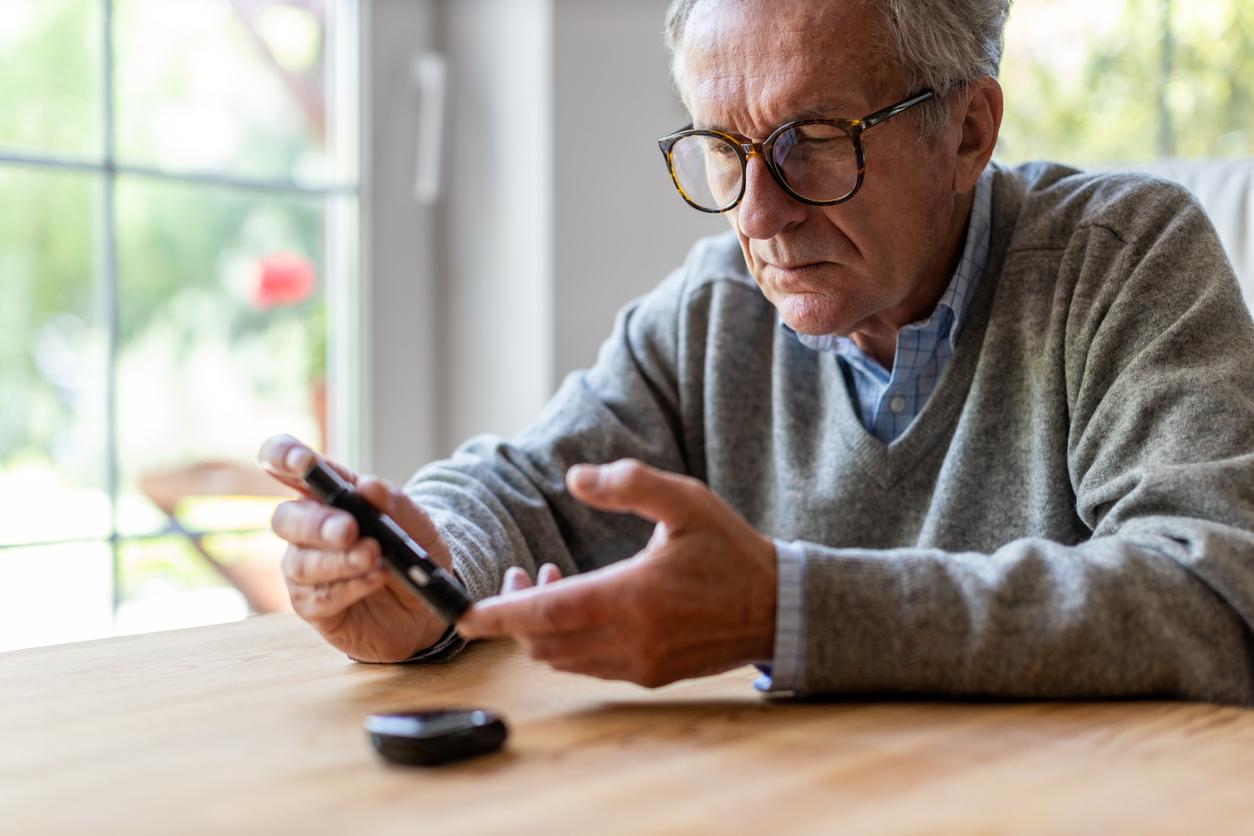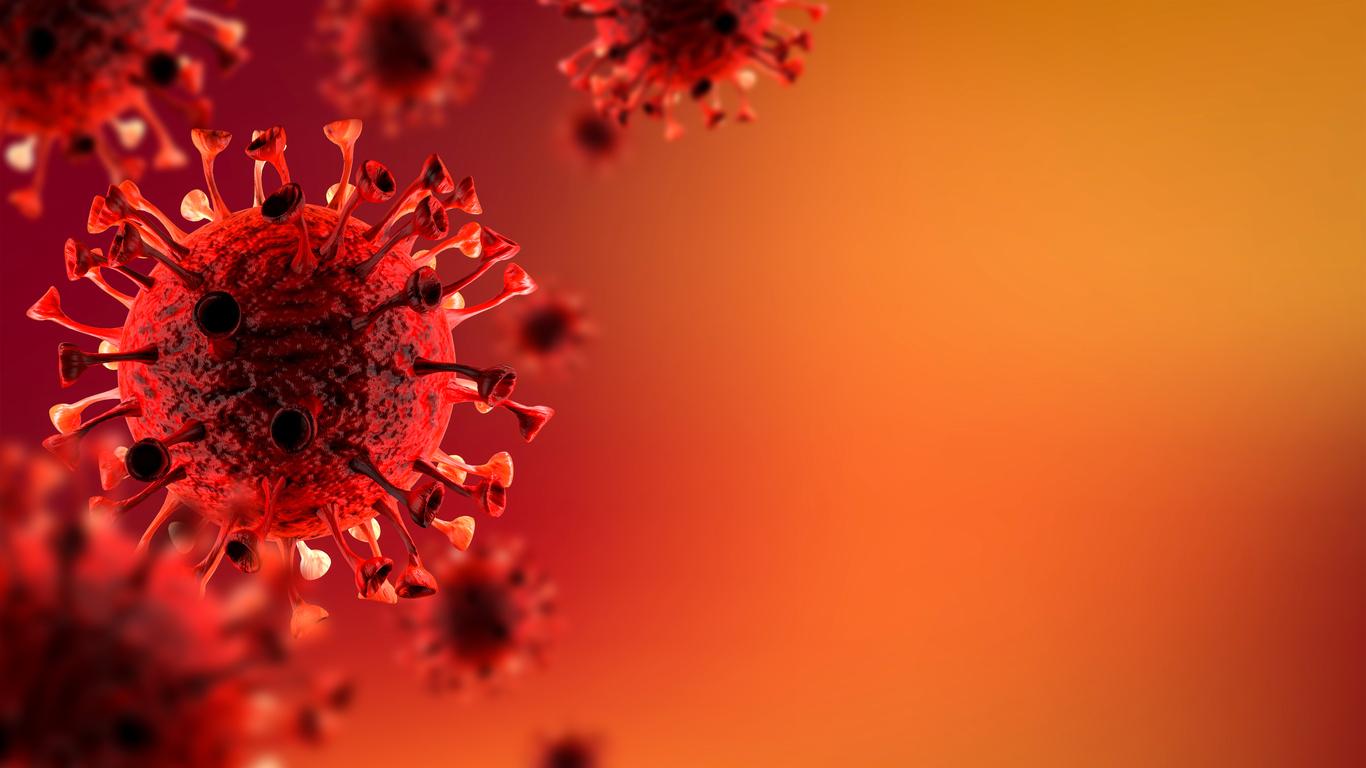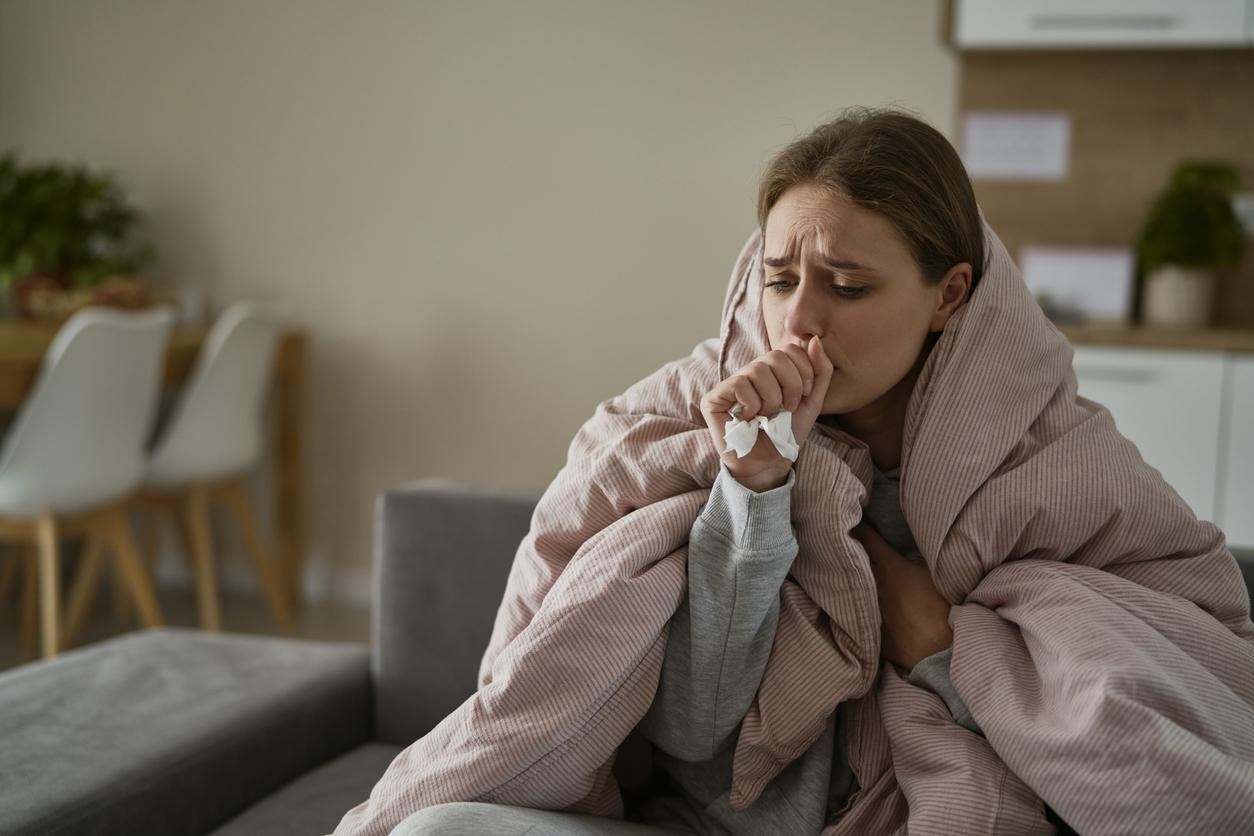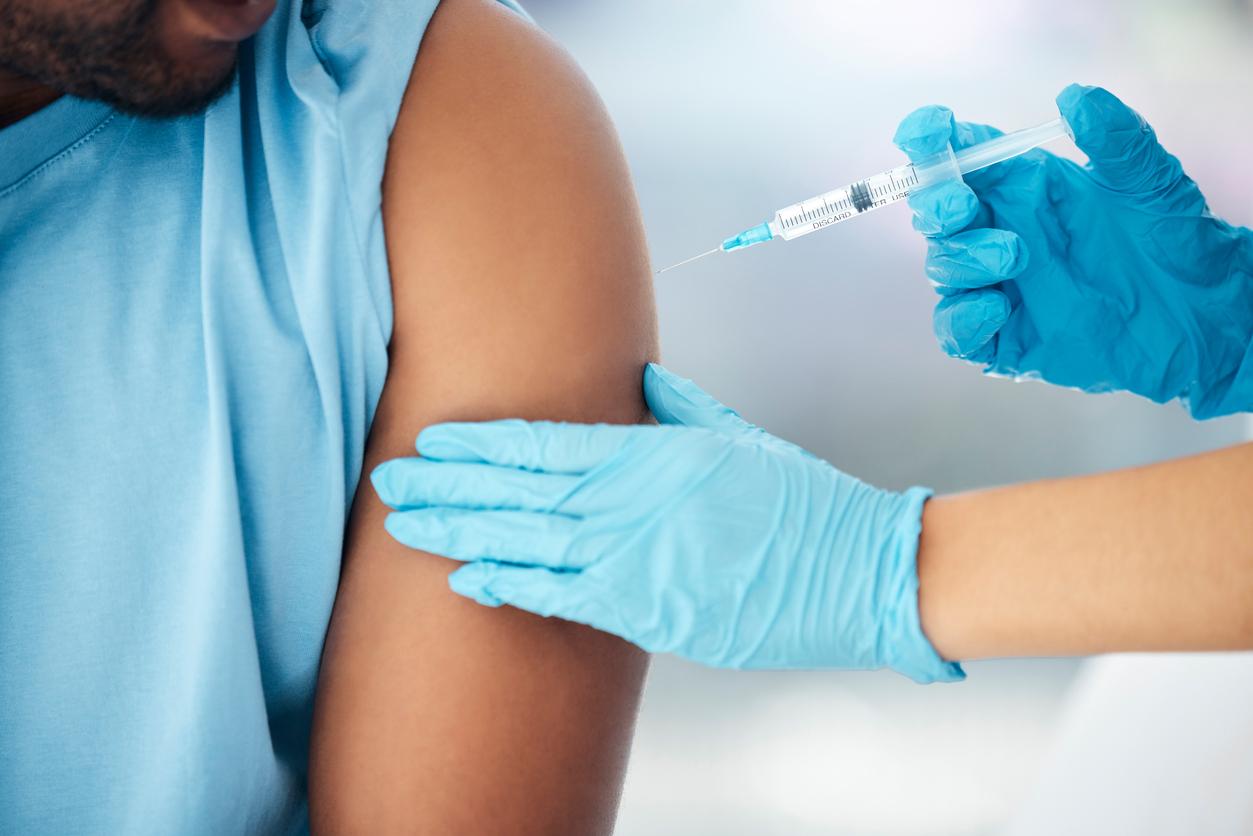We know it: contracting Covid-19 makes it possible to develop antibodies which protect, for a time, from another infection. But is this post-infectious, so-called “natural” immunity really worth the one obtained with a complete vaccination schedule? “Above all, it should be noted that the two immunities are protective, explains Professor Bruno Lina. But in fact, we can’t really make a comparison, because we’re not really talking about the same thing.”
After vaccination: known answers and reliable data
What is the benefit of post-vaccination immunity? It is easily measured by doctors, “Since we know when the injections took place and when the immunization was done, details the expert. If we take the case of the Omicron virus, the data thus show that two months after a three-dose vaccination, we obtain a level of protection greater than 90% for all ages combined against serious forms, and between 70 and 80% against infections.
However. Over time, the quality of this protection declines mechanically: “This is especially the case in terms of infections, since we are, at four months, around 60 or 70%. Protection against serious forms remains very high, since it is around 85-90%.”
But what do we observe when we look at the cases of people who have not been vaccinated but are still exposed to the virus? Much more variable data.
Natural immunity changes depending on the severity of the disease
If the levels of protection of post-infectious immunity against severe forms are similar to those of post-vaccination immunity, the quality of protection against a new infection depends on the severity of the symptoms encountered. “If the infection was not very symptomatic, the immunity will thus be worse than if it was very symptomatic or even required hospitalization.”
This is why scientists have “seen very early on that people who had had little symptomatic forms were able to be reinfected during the next wave, since it is quite rare to be reinfected during the same wave.
Why vaccine immunity is ultimately more beneficial
If it is therefore not possible, variations oblige, to decide clearly in favor of one or the other immunity on the simple level of quality, the professor notes all the same “that if we want to follow the logic of things to the end, we must necessarily have a clinically more important case (therefore with more marked symptoms, Editor’s note) so that the chances of having good immunity are high. However, these clinical forms are those which lead to the most deaths. Not many people, if any, died following vaccination in France, while we had 130,000 deaths due to infections. This is why post-vaccination immunity is clearly more beneficial on an individual and collective level. It reduces the risks, and that’s the whole point!”
Read also:
- Covid-19: vaccination also reduces the risk of having a long Covid
- Unlimited Covid recovery certificate: how to update it in the vaccination pass?
- Thanks to Omicron, Covid-19 will become an endemic disease: what does that mean?


















